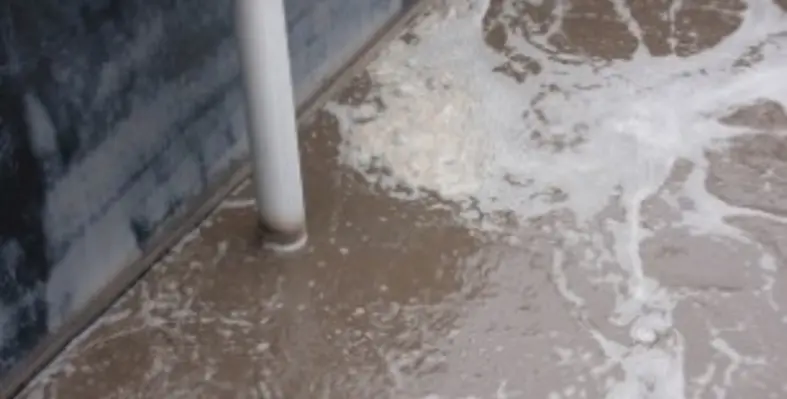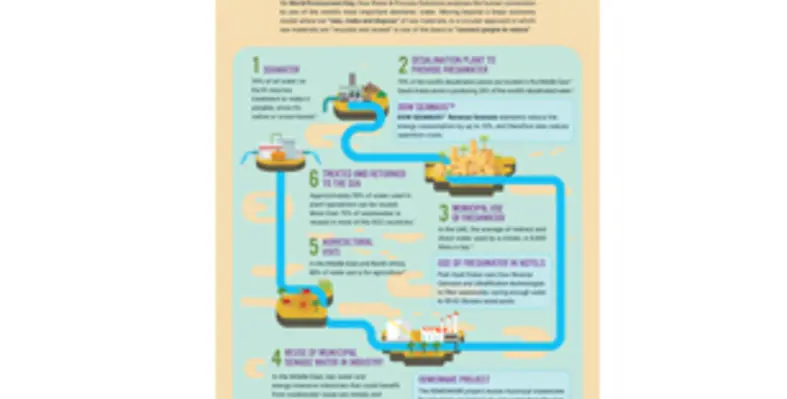On the occasion of World Environment Day, Dow Water and Process Solutions has revealed that circular model of water transition can help people and industries to effectively reuse wastewater through sustainable water treatment technologies, thereby reducing waste, energy consumption and environmental degradation
According to the UN, currently 40 per cent of the global population are affected by water scarcity. Water demand is increasing globally with an estimated need of 30 per cent more water and 45 per cent more energy by 2030, and total population reaching to 8.3bn in 2050.
As the resources of freshwater are limited, 99 per cent of all water on Earth is required to be potable since it is saline or ocean-based. Therefore, desalination becomes a vital treatment to provide clean water.
Zakia Bahjou, regional commercial manager at Dow Water and Process Solutions, Middle East, Africa and Turkey, explained that after the desalination process is done and water is used in municipalities, usually 80 per cent of wastewater flows back to the nature without being treated or reused.
This increases environmental pollution and loses valuable nutrients and other materials. For this reason, wastewater reuse becomes important for a more environment-friendly world.
According to Bahjou, after using Dow reverse osmosis and ultra-filtration technologies for wastewater reuse, the Park Hyatt Hotel in Dubai has saved enough water in one year to fill 62 Olympic-sized pools.She also stated that the key water and energy-intensive industries in the Middle East such as metals, petrochemicals and energy utilities would benefit from wastewater reuse. She cited the company?s DEMOWARE project in Spain, which reuses municipal wastewater for industrial use instead of using fresh water from the river.
?Wastewater can also be used for agriculture, the most water-intensive sector in Middle East and North Africa, as it counts for 80 per cent of all the abstractions,? she added.
Bahjou cited that the company?s Dow Filmtec Seamaxx provides 10 per cent less energy consumption to be more sustainable and reduces operation costs of the desalination treatment.
Almost 70 per cent of the world?s desalination plants are located in the Middle East, with Saudi Arabia being the single producer of 20 per cent of the world?s desalinated water.









